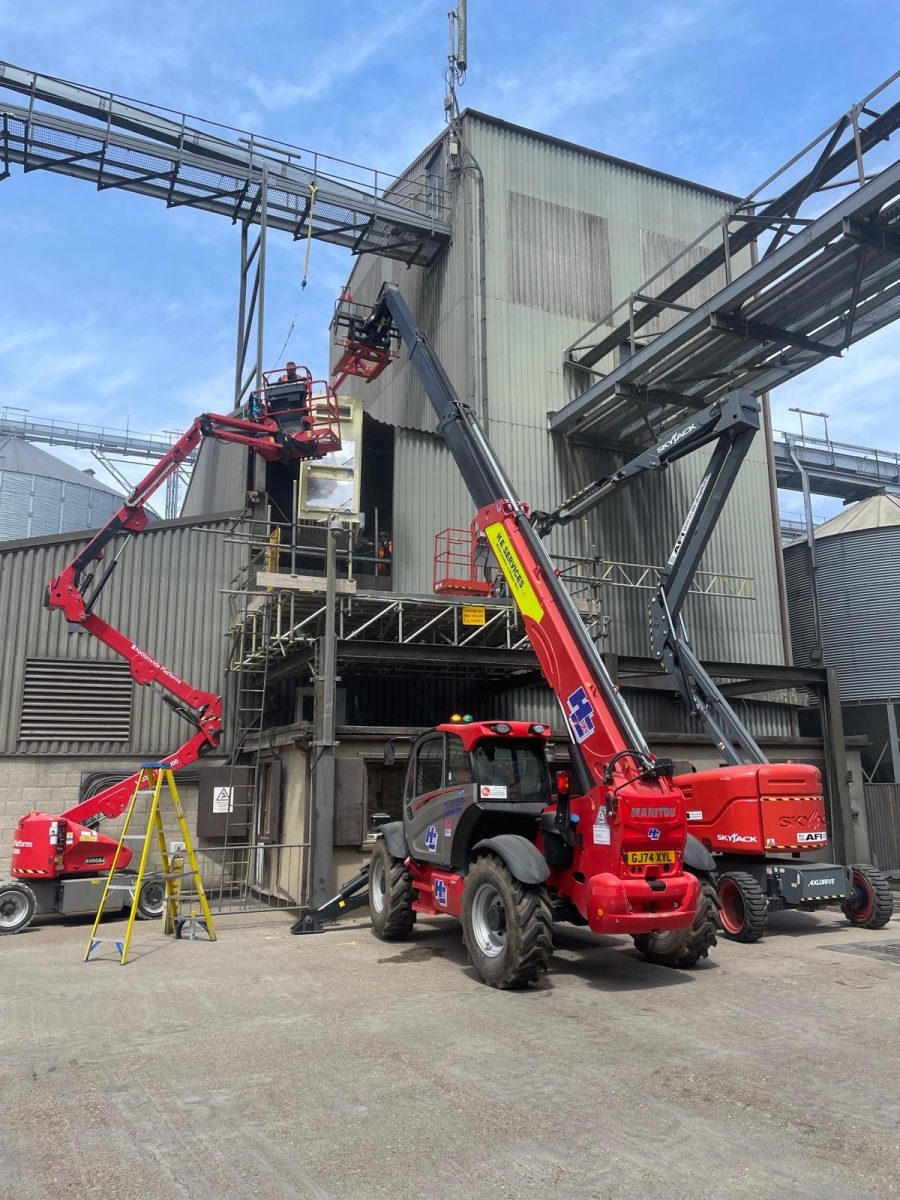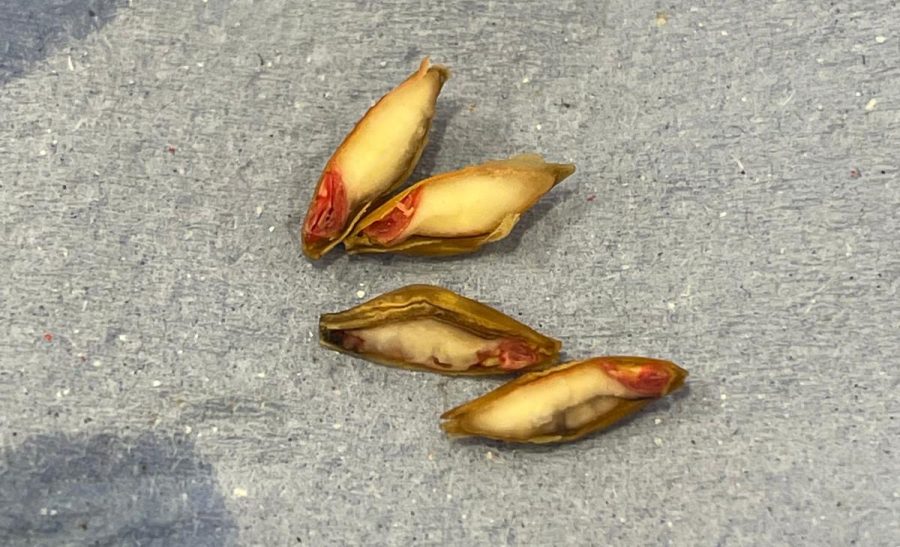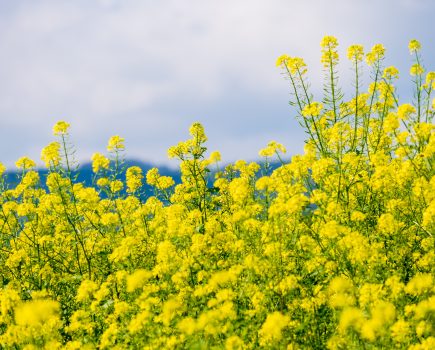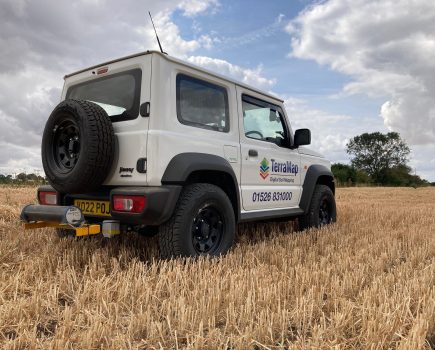With the dry run-in to harvest, the first loads of oilseed rape and barley started to arrive in the last week of June, seven to 10 days earlier than usual. The granary usually gears up on transport in the last week in July, so this year everything had to be brought forward by two weeks.
Old crop carry-in complicated the logistics in late July, with 3,500 tonnes going out in four days in addition to the new crop intake. This put significant pressure on staff on the pre-harvest clean down and harvest preparation.
Intake was 75% complete on 12 August and was expected to be more than 85% done by 17 August.
Wheat quality has been surprisingly good, given the lack of rain in the spring. Although yields have been impacted negatively, the wheat quality is very good with very high proteins in the range 12 to 18% and high Hagbergs regularly over 400. Specific weights are in the range 75 to 80Kg/HL. Screening levels are normal with low mycotoxin levels – in the main, zero.
Ergot is again noticeable on some loads and is generally farm specific but lower than that seen in the 2024 crop. Colour sorting will be required on some cereals.
Beans and spring barley were most affected by the drought conditions and high temperatures. Bean yields are up to 40% down, but what there is is decent quality, with low bruchid damage. Planet stood up quite well on quality, but a lot of samples have nitrogen levels over the maximum 1.85% limit on most malt contracts.
Laureate is also higher nitrogen generally, with samples looking weathered with poor appearance and a lot of gape and pre-germ (see images), but most germing up well enough on intake. Samples have been sent to the buyers to see if they will be acceptable for malting. Oat specific weights are 48 to 56Kg, with most meeting milling standard.
All crops struggled this year with the lack of moisture, then just as harvest started to get going the rain came to slow everything down. Since then, wall to wall sunshine has meant little drying has been required, with just a small amount of wet beans and wheat needing it.
With the fourth heatwave this summer helping to wrap up harvest early, it may be only the second time in more than 30 years that the store will close on the August Bank Holiday weekend, giving the staff a well-earned break.

The new dust extraction unit being installed in July as part of a £300,000 investment in colour sorting equipment capable of handling 30t/ph
For more like this, sign up for the FREE South East Farmer e-newsletter here and receive all the latest farming news, reviews and insight straight to your inbox.







